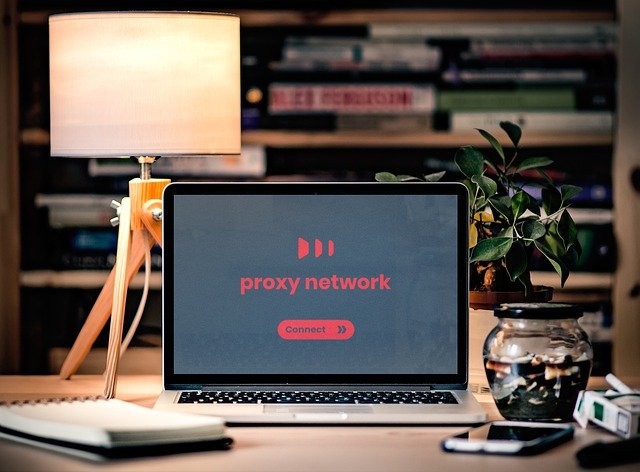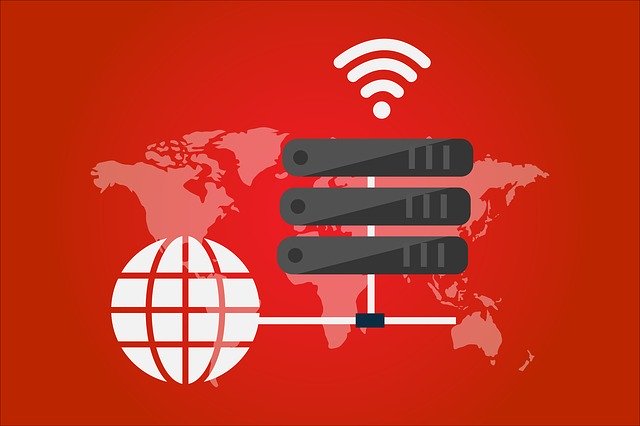People all over the world use free proxies to improve their online security. Most people want anonymity while visiting a website and tend to use free proxy to achieve it. Free proxy lists are easily accessible online, listing the free proxies for anyone who finds it. Yet, how secure are these free proxies?
What are Proxies
A proxy is simply an intermediate between the user and the website. Any type of user request or query is passed through the proxy servers to the website. Proxies mask your IP address and protect the user’s privacy while surfing the internet.
Proxies are quite important in a business to protect sensitive information. With data thefts increasing every day and hackers exposing crucial data, it is crucial to use a proxy to hide your IP address.
Various Types and Kinds of Proxies
Residential and Data Center Proxies
Residential proxies are IP addresses provided by the ISP (Internet Service Provider). Datacenter proxies are IP addresses issued by a secondary corporation. Whether you need to access blocked content or keep your online searches anonymous, you can use data center proxies for help. Residential proxies, however, are highly unlikely to get banned as they are connected to real residential addresses.
Rotating Proxies
For both datacenter and residential proxies, you can use a rotating proxy. This type of proxy will automatically change the IP address after a set period of time. This is beneficial because it means that if one IP address gets blocked or blacklisted, you can simply switch to a new one without having to go through the hassle of setting up a new proxy. You can find the best rotating proxies on Truely.com. Sites like these compare different providers and services to let you know which service is the best for you.
Static Proxies
A static proxy is an IP address that does not change. Static proxies are easier to set up than rotating proxies, but they come with the risk of being detected and blocked more easily. If you do choose to use a static proxy, we recommend using a data center proxy over a residential one.
Benefits of residential proxies:
- Minimal blacklisting – residential proxies minimize chances of blacklists as they are provided by an ISP, read more https://proxyway.com/best-residential-proxies.
- Legitimacy – due to being provided by the ISP residential proxies are legitimate.
Benefits of data center proxies:
- Numerous amount – when it comes to data center proxies you are offered to buy them in bulk, which helps to gather vast amounts of data in a more affordable way.
- The location is not being traced – data center proxies’ location is not traced due to its changeability.
Dedicated Proxy
A dedicated proxy is also known as a private proxy that has been given by a provider to only one single user. It reduces most risks that would come with a shared proxy.
Benefits:
- Dedicated proxies are private and very secure.
- Dedicated proxies are very stable.
- These proxies are the fastest option from the bunch.
Semi-dedicated proxy
Semi-dedicated proxy is shared among a limited number (usually up to 3 people, depending on the proxy provider). Which is why it’s neither a shared proxy nor a dedicated proxy. Semi-dedicated proxies are more affordable as they are being shared with other users and are not entirely dedicated to you.
Benefits:
- Semi-dedicated proxies are cheaper compared to dedicated proxies.
Like any other proxy server, a shared proxy also helps in hiding the real IP address. But shared proxy can be used by many users at the same time. A very likely outcome of this situation is called a bad neighbor effect – proxy will be banned from websites with no turning back because you have no idea what kind of operations the proxy is being used for by other users.
Benefits:
- These proxies are less expensive than dedicated proxies
3 Reasons Why Free Proxies are Unsafe and Should Never be Chosen
- Most free proxy servers don’t use HTTPS. The lack of HTTPS means your connection to the server is not encrypted, making your network vulnerable to hackers.
- A proxy server can contain malicious malware. Generally, it just means that nothing is ever free and if it says it is – you might as well be the product being sold. Some of it is pretty innocent like loading websites full of ads, but some could be actually malicious.
- Hackers. Well, back to the point that if the service is free – you are the product. Your login information and everything you do online is not in your hands anymore.
Conclusion
Though there are plenty of proxies available, choosing the right proxy is the crucial part. Before choosing a proxy, you must have to consider a few things. First of all, always buy your proxies from a legitimate company that offers dedicated support. Also, check out the provider’s IP pool and the location it covers. Finally, remember that nothing is ever completely free even if advertised so – you might pay with losing speed, loading ad websites or your personal information.


